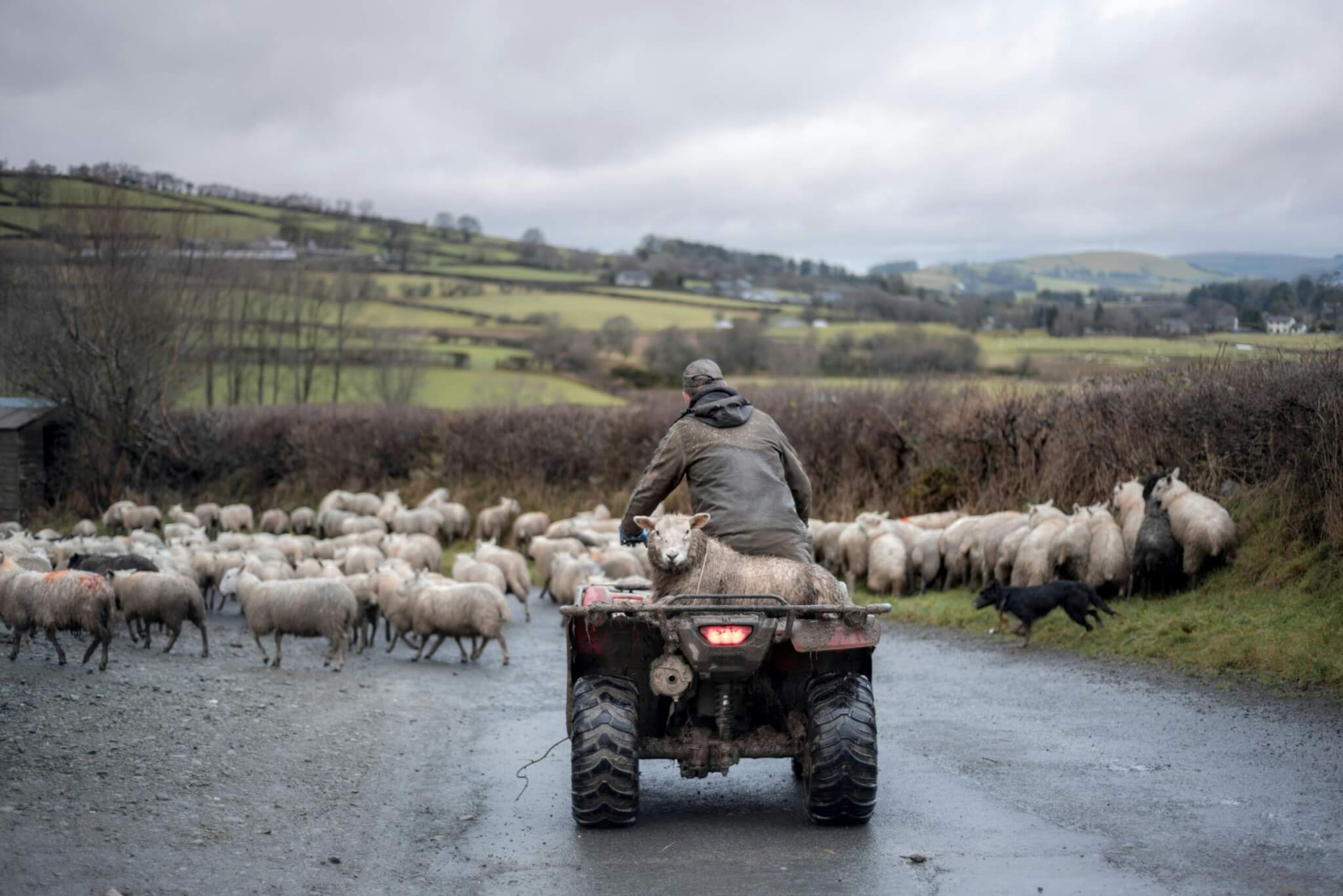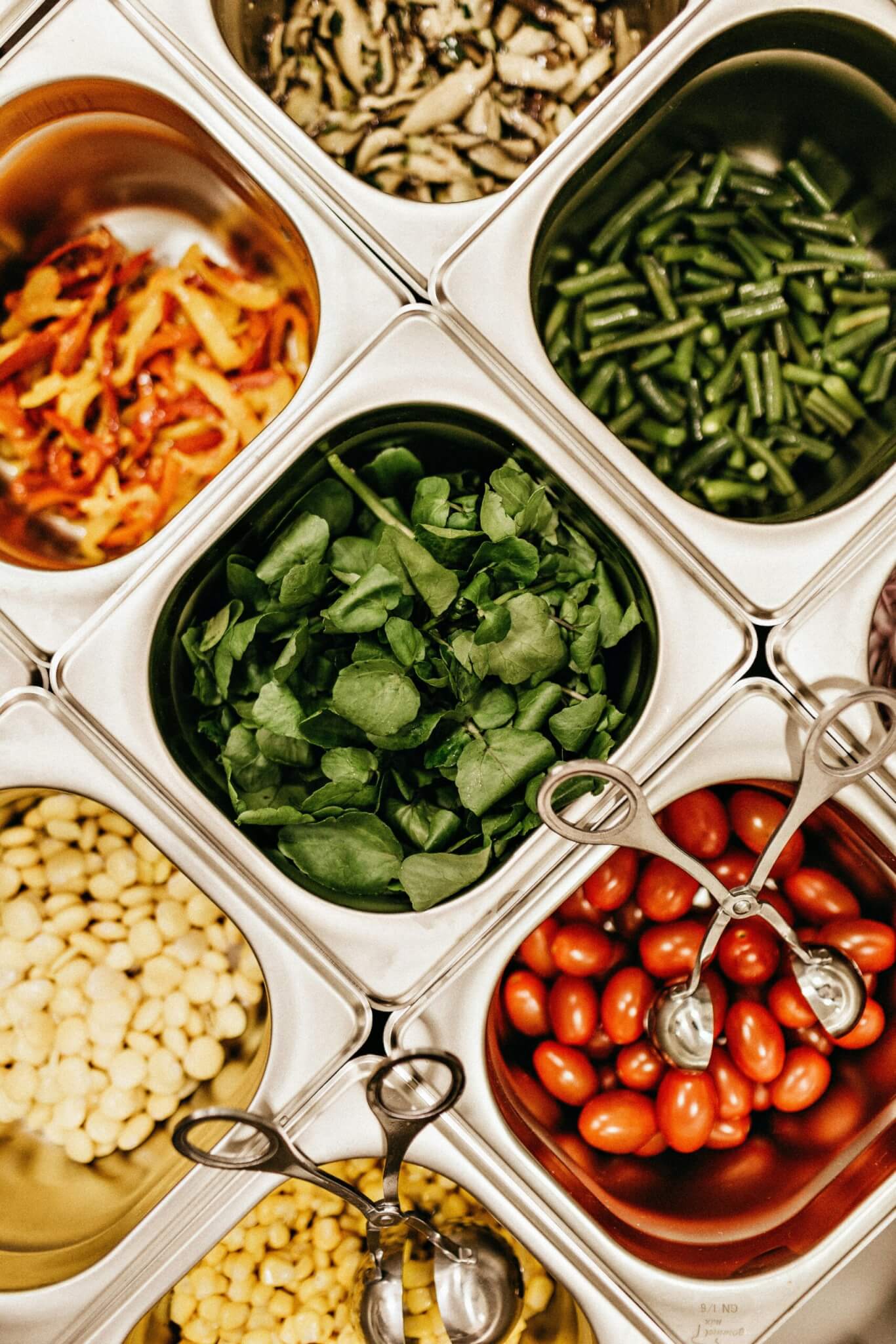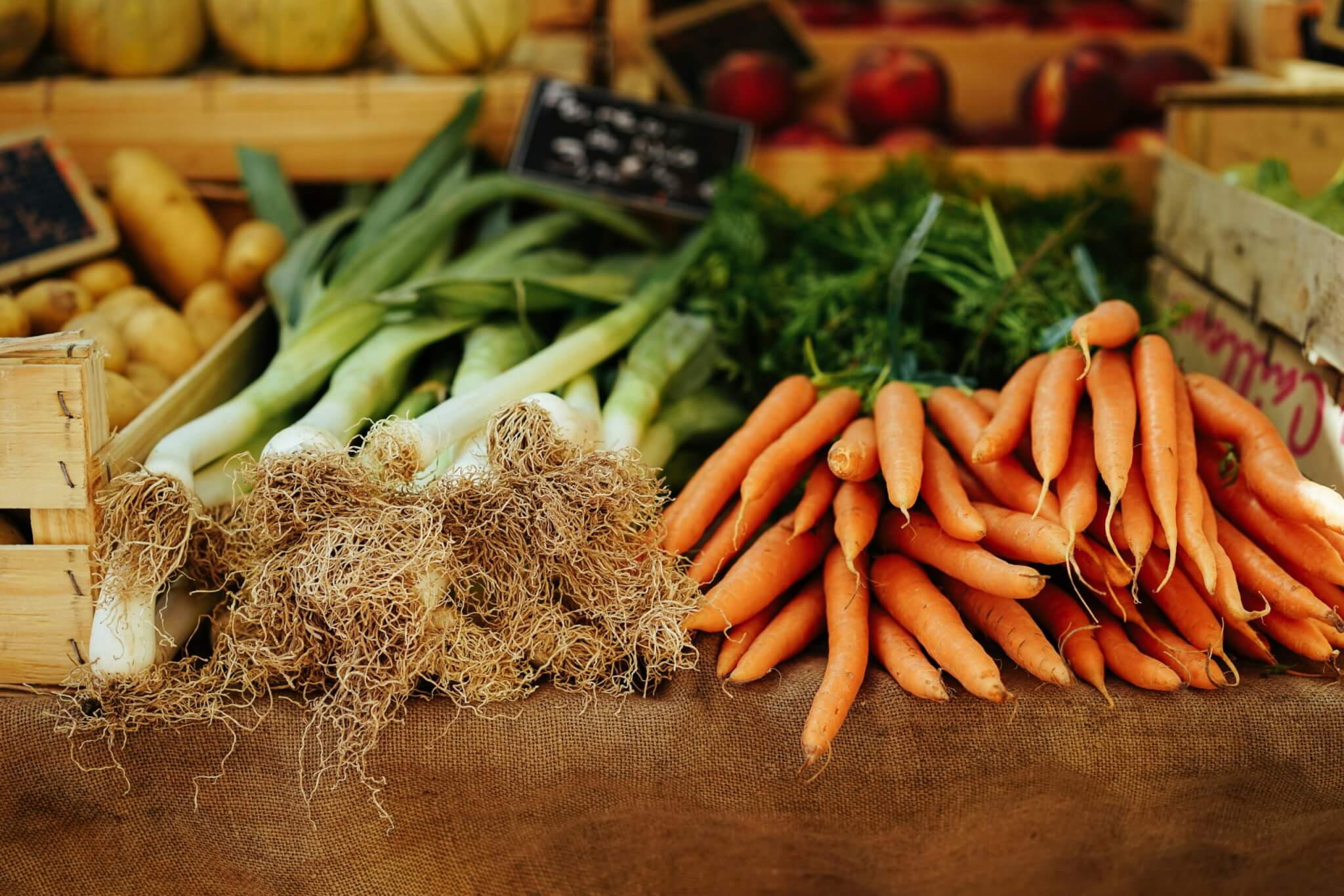July is our busiest month. As neighbours make hay and grease their combines for harvest, our planting and picking reach their peak; all pushed on by the growth-accelerating heat which, at the same time, saps the energy of those tasked with keeping up with the work. Ed and his team of pickers arrive at our polytunnels at 5am with the first glimmer of light. Basil is picked first; partly because it is the most susceptible to heat and partly because, unlike tomatoes, full light is not needed to select ripe fruit. By mid-morning, temperatures are climbing past 40°C. At 45°C the bees, brought in to aid pollination, make an exit if they can, and keel over if they can’t. However, the heat means our tomatoes are tasting great; as well as the usual cherry tomatoes we have punnets of baby plum, yellow and deep red varieties; all selected for flavour from our trials last year. By 11am we hope to finish picking tomatoes, cucumbers and salad onions and move onto side shooting until fatigue makes work impossible, even with frequent breaks and lots of water; normally by noon.
Cucumbers are a notoriously fickle and demanding crop and unsurprisingly they struggled in the cold, overcast May and June; we kept the tunnels closed to boost temperatures but the resulting humidity has led to an outbreak of downy mildew, a virulent fungal pathogen. We have sprayed them with an organic mixture of garlic and seaweed and they seem to be fighting back with new, healthy growth, though this could be down to the change in weather.
After lunch anyone willing and resilient enough moves on to picking broad beans and currants (both nearly over), and planting the last of the radicchio, lettuce and winter leeks, cabbage and purple sprouting broccoli, all of which must be finished in the next week. Some field workers, having done their eight hours, go to the beach, river or reservoir, and who could blame them.
Riverford at Valley Fest: 2nd-4th September
We’ve teamed up with Valley Fest for a celebration of organic farming, fantastic food and music. When you book your tickets through us, we’ll invite you to a free cooking demo and supper in our pop-up kitchen. Plus, parking’s on us.












0 Comments